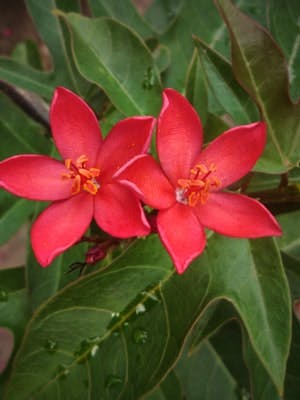Back to speakers

JOHN, KESEWA
Lecturer in Caribbean History @ University College London
Bio
Kesewa John is a Lecturer in Caribbean History at the Institute of the Americas, University College London. Prior to joining UCL she was a Junior Fellow (ATER) at the Université des Antilles in Guadeloupe 2019-21, and a Teaching Fellow (Lectrice and Vacataire) at the Université des Antilles in Martinique 2012-15. Keenly interested in community-led research projects Kesewa is a member of the Black British History Matters working group, and Insightful Black History, a community history project. Kesewa is the current Vice-Chair of the Society for Caribbean Studies and coordinator of the Archiving SCS project.
Geographical location :
Research Area and Interest :
Social Media
Panel(s)
- Summary:
Presentation(s)
- Summary: The passage of the 1946 loi du départementalisation, which administratively transformed France’s Caribbean colonies into a fully-fledged part of France, albeit several overseas parts, also transformed the relationship of Martinique, Guadeloupe and Guyane with their anglophone, Dutch-speaking, and Portuguese-speaking neighbours. While the Dutch and English-speaking parts of the Caribbean would continue to attempt to work out their own end to colonial rule, departmentalisation spelled the end of a pan-Caribbean federal or freedom dream. It also, arguably effectively silenced local hopes for independence for a generation. This paper will return to the pan-Caribbean anti-imperialist organising of the decades preceding 1946, and will argue that departmentalisation was not necessarily the natural consequence of anti-colonial agitation in the francophone Caribbean of the early 20th century.
